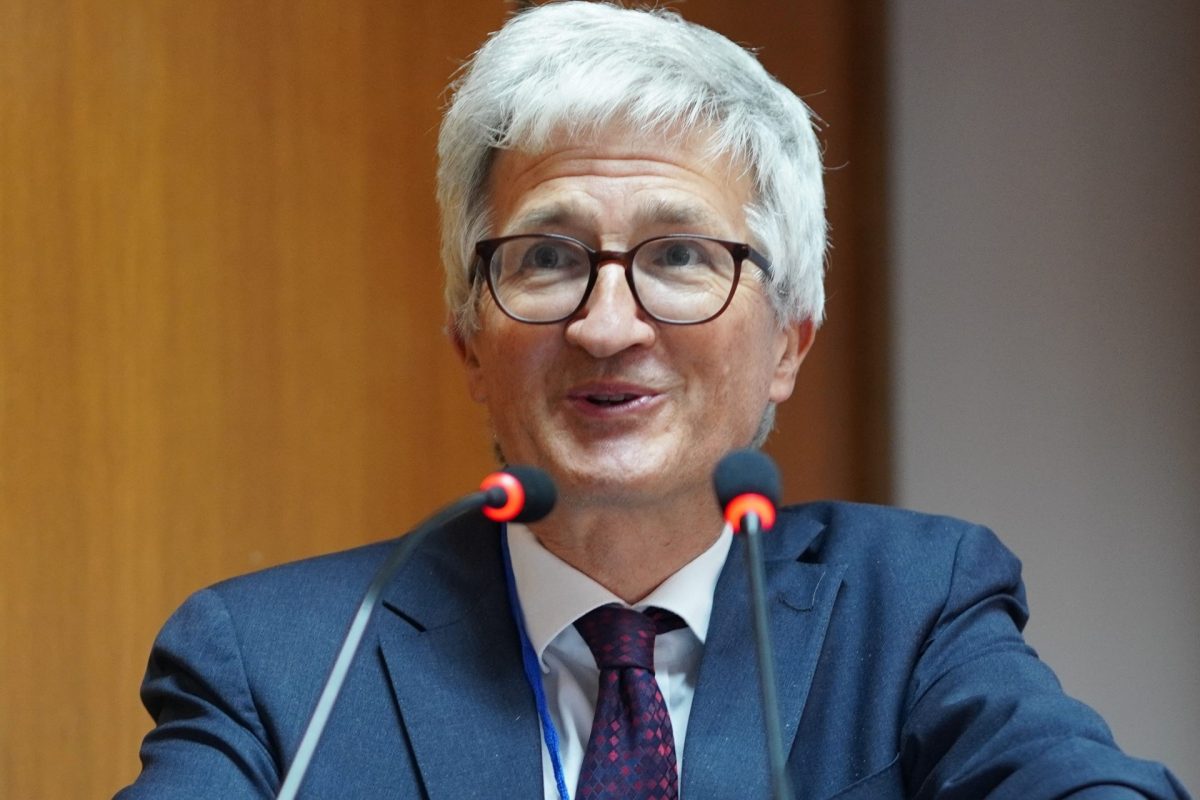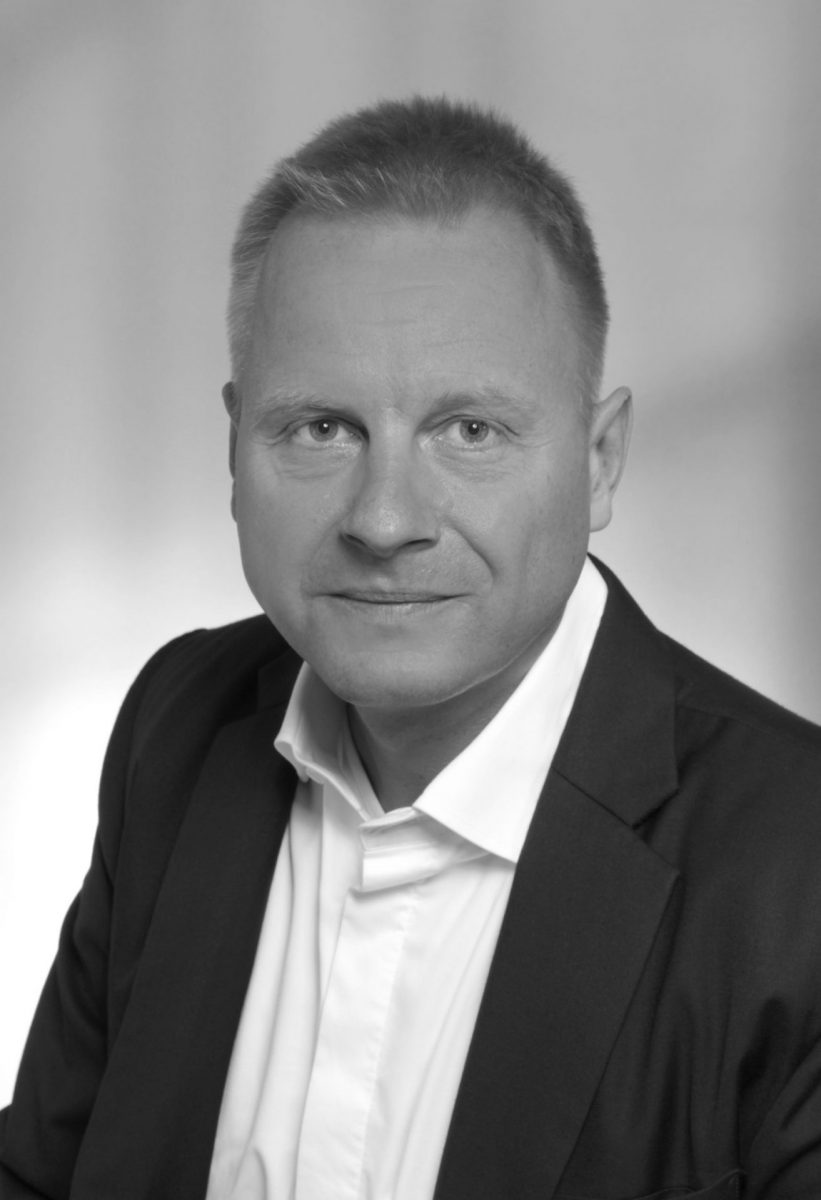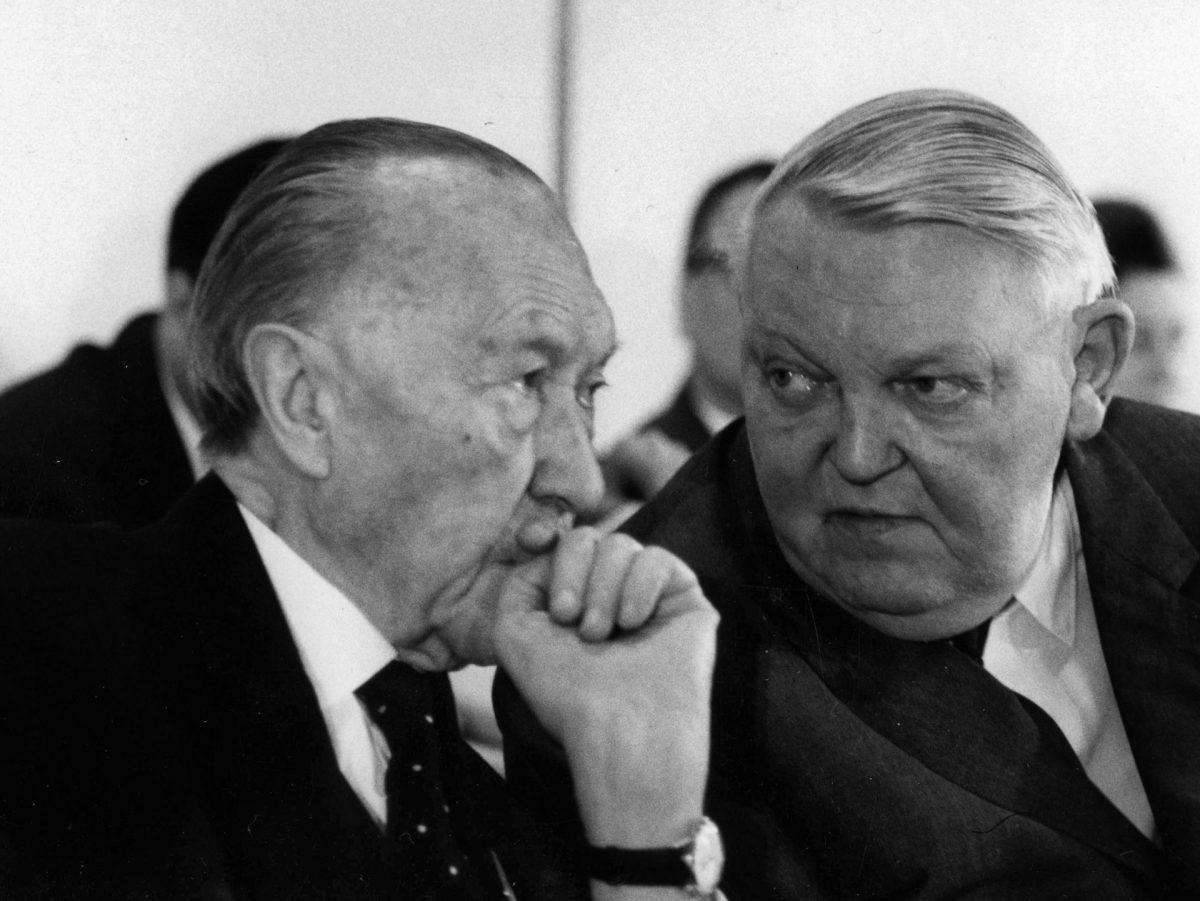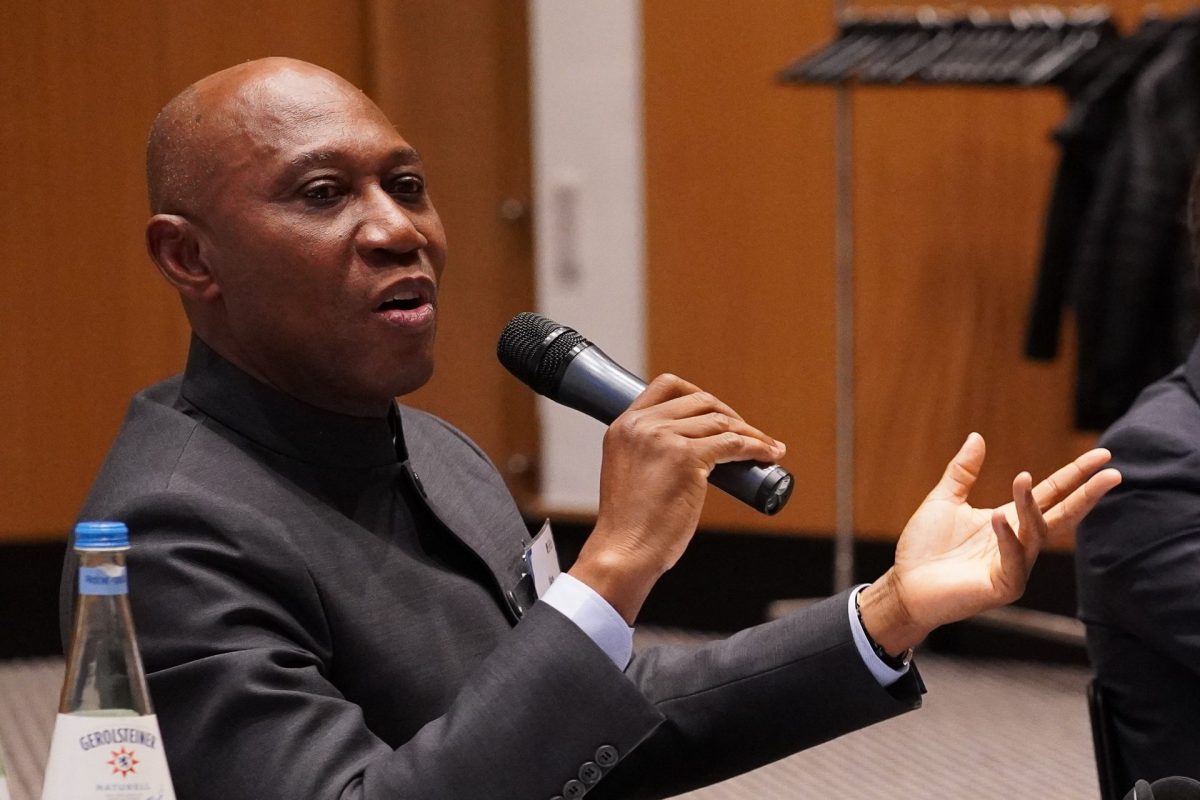
Russia’s unprovoked invasion of Ukraine caught Germany and the other Western European states completely flat-footed. Hardly anyone wanted to listen to the increasingly urgent warnings of the Eastern European partners and also of the USA, especially not in Germany. Christian social ethics was also caught cold by the war of aggression. The Munich social ethicist Prof. Dr. Markus Vogt, Chairman of the Scientific Advisory Board of Ordo socialis, takes this as an impulse for a survey and self-critique with regard to the peace-ethical concepts of the last years and decades. He writes: Some ethical theories were characterized by the idea that war in Europe was merely a phenomenon of the dark past. A view that, from today’s perspective, must be considered naive and outdated. The experience of the last few weeks has revealed a gap in the ethical debate, which forces us to quickly make up for these theoretical deficits and to give peace and security ethics a much greater weight within theology as well. The peace-ethical consequences of being a Christian in a fragile world need to be explored anew.”



